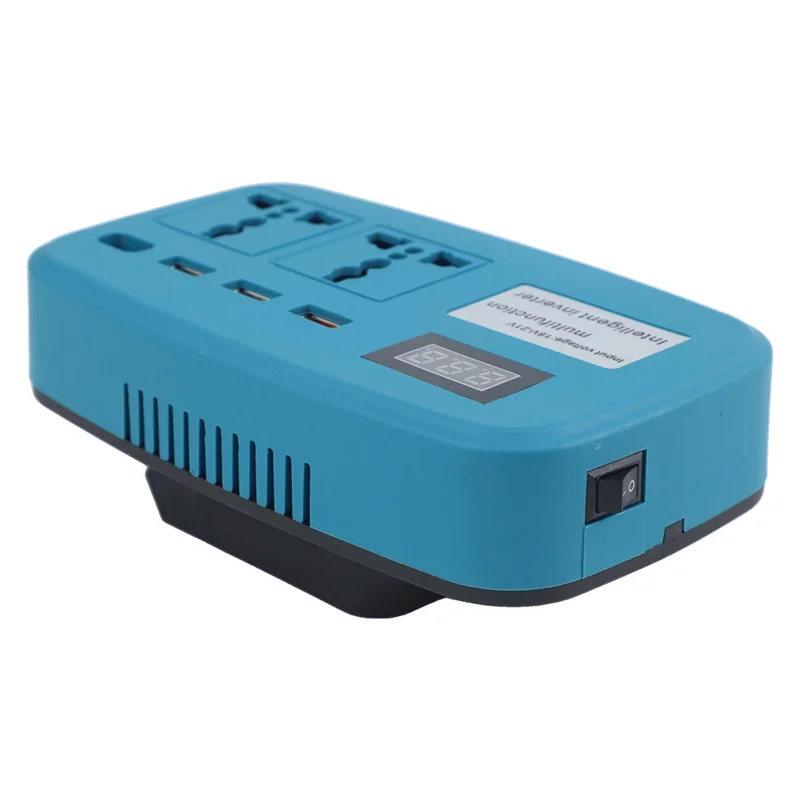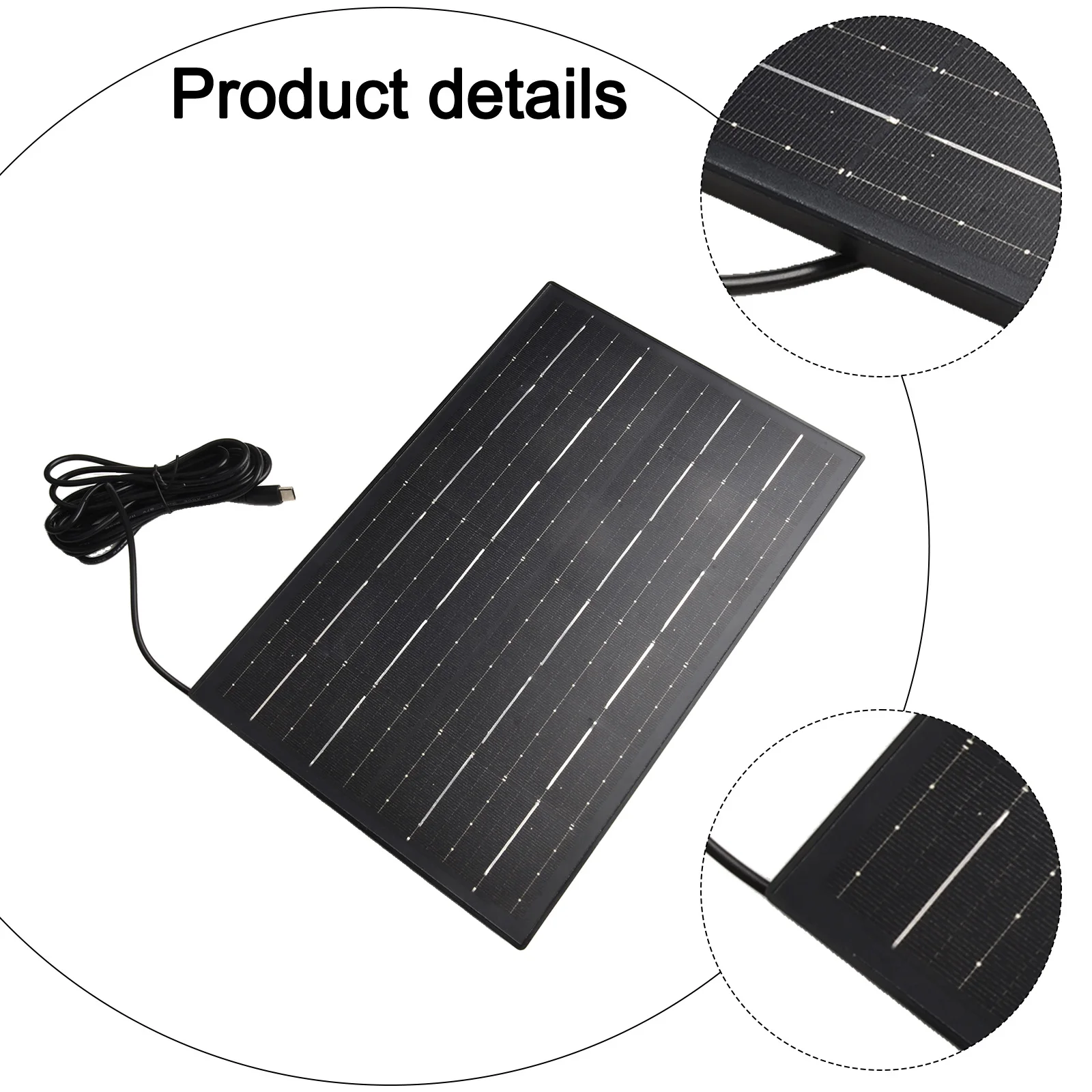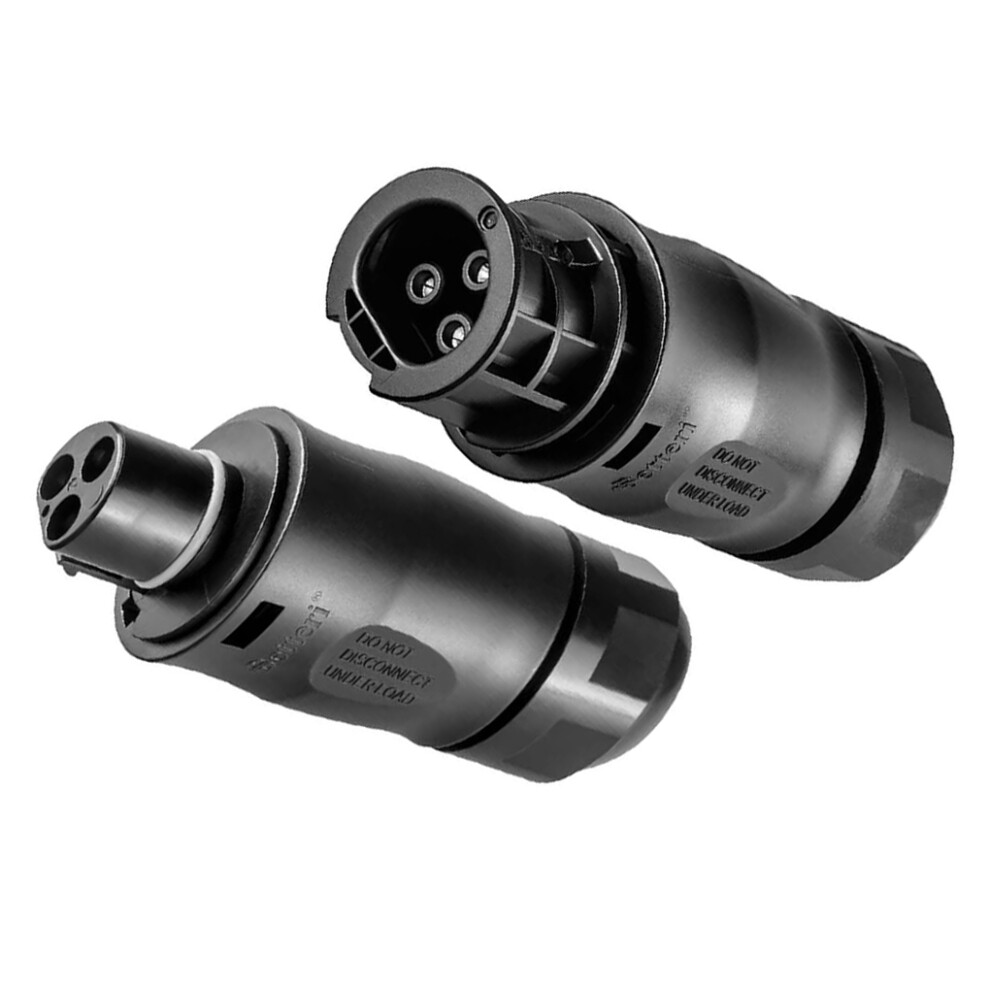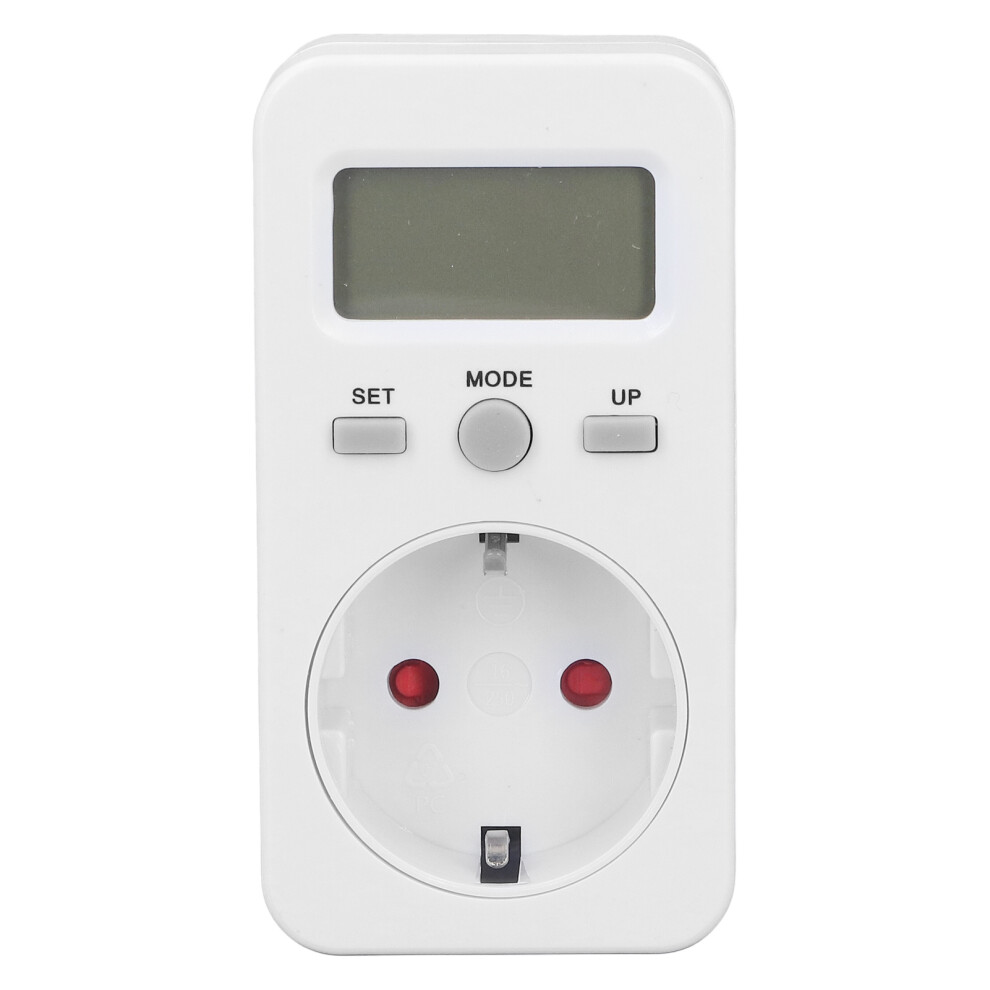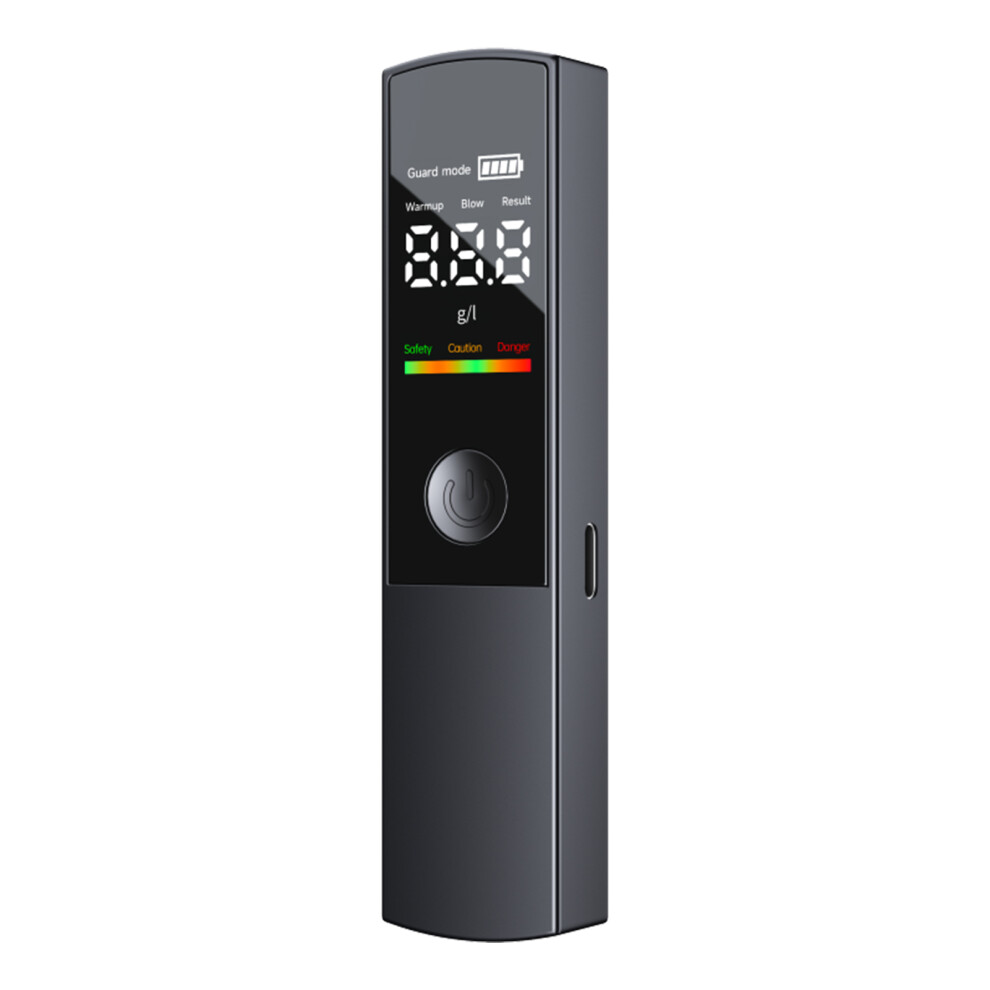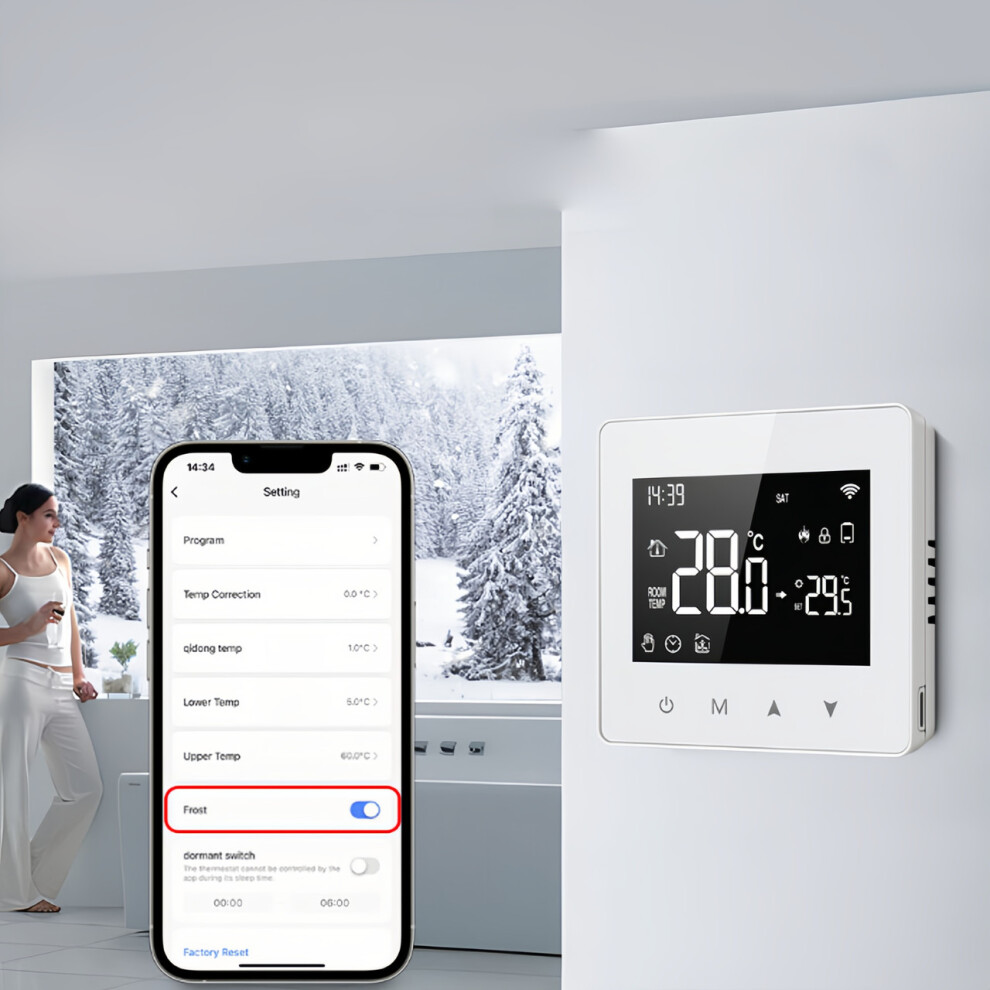








Energy efficiency is not just a buzzword. It is the backbone of how homes, businesses, and entire countries save on utility bills and cut pollution. Now get this. LED bulbs use about 75 percent less electricity than incandescent ones, and that’s just the start. The wild part? Even with all the smart technology we have, most people miss out on the biggest savings simply by not understanding how these easy changes add up to real dollars and a healthier planet.
Table of Contents
- Defining Energy Efficiency: Basic Concepts and Terms
- The Importance of Energy Efficiency: Why It Matters
- Understanding How Energy Efficiency Works in Practice
- Key Concepts and Strategies in Energy Efficiency
- Real-World Applications and Benefits of Energy Efficiency
Quick Summary
| Takeaway | Explanation |
|---|---|
| Energy efficiency reduces waste and costs. | Implementing energy efficiency minimizes energy use while maintaining performance, leading to lower bills and environmental impact. |
| Advanced technologies enhance energy performance. | Innovations like smart thermostats and LED lighting significantly reduce energy consumption without sacrificing functionality. |
| Energy efficiency supports climate goals. | Reducing energy consumption contributes to lowering greenhouse gas emissions, addressing climate change, and promoting sustainability. |
| Households benefit from energy-efficient upgrades. | Upgrading appliances and insulation can lead to significant savings on utility bills and enhance home comfort. |
| Organizations improve profitability through energy management. | Businesses adopting energy-efficient practices can lower operational costs and boost competitiveness in the market. |
Defining Energy Efficiency: Basic Concepts and Terms
Energy efficiency represents a critical approach to reducing energy consumption while maintaining the same level of service or performance. At its core, energy efficiency means using less energy to accomplish the same task, ultimately minimizing waste and lowering environmental impact.
What Exactly is Energy Efficiency?
In practical terms, what is energy efficiency? It involves strategies and technologies designed to reduce the amount of energy required to power devices, buildings, and industrial processes. According to the U.S. Environmental Protection Agency, energy efficiency aims to decrease energy consumption without sacrificing output or comfort.
Key characteristics of energy efficiency include:
- Reducing overall energy usage
- Maintaining similar performance levels
- Decreasing operational costs
- Minimizing environmental impact
How Energy Efficiency Works
Energy efficiency operates through multiple mechanisms. Technical innovations like improved insulation, smart thermostats, LED lighting, and high-efficiency appliances help reduce energy consumption. These technologies are engineered to perform the same functions as traditional counterparts but consume significantly less electricity.
For instance, an energy-efficient refrigerator might use 40% less electricity compared to older models while maintaining the same cooling capacity.
 Similarly, LED light bulbs consume approximately 75% less energy than traditional incandescent bulbs, demonstrating how technological advancements can dramatically improve energy performance.
Similarly, LED light bulbs consume approximately 75% less energy than traditional incandescent bulbs, demonstrating how technological advancements can dramatically improve energy performance.
Here is a comparison of energy-efficient technologies versus their traditional counterparts to illustrate potential savings and performance improvements discussed in the article.
| Technology | Traditional Version | Energy-Efficient Version | Approximate Energy Savings | Performance Maintained? |
|---|---|---|---|---|
| Lighting | Incandescent bulb | LED bulb | 75% less | Yes |
| Refrigerator | Old models (20+ years ago) | Modern energy-efficient models | 40-50% less | Yes |
| Washing Machine | Conventional design | Advanced sensor-equipped models | Lower consumption | Yes |
| Thermostat | Manual | Smart thermostat | Optimizes usage | Yes |
| Building Insulation | Standard insulation | Advanced techniques/materials | Reduces heating/cooling | Yes |
Why Energy Efficiency Matters
The significance of energy efficiency extends beyond individual cost savings. On a broader scale, reducing energy consumption helps mitigate climate change, decreases greenhouse gas emissions, and promotes sustainable resource management. Governments, businesses, and individuals all play crucial roles in advancing energy efficiency through conscious choices and technological investments.
By understanding and implementing energy-efficient practices, we can collectively contribute to a more sustainable and environmentally responsible future.
The Importance of Energy Efficiency: Why It Matters
Energy efficiency transcends mere technological innovation and represents a critical strategy for addressing global environmental challenges and economic sustainability. By strategically reducing energy consumption, societies can achieve multiple interconnected benefits that impact both individual households and broader planetary systems.
Environmental Impact and Climate Change
Addressing climate change requires comprehensive approaches to energy consumption. According to the International Energy Agency, energy efficiency represents the single most significant strategy for reducing greenhouse gas emissions. When we consume less energy, we directly decrease carbon dioxide release into the atmosphere, mitigating global warming and preserving ecological balance.
Key environmental benefits of energy efficiency include:
- Reducing carbon emissions
- Preserving natural resources
- Minimizing ecosystem disruption
- Slowing climate change progression
Economic and Personal Advantages
Beyond environmental considerations, energy efficiency offers substantial economic advantages. Reduced energy consumption translates directly into lower utility expenses for households and businesses. Advanced technologies and smart systems enable significant cost savings while maintaining performance standards.
For homeowners interested in sustainable living, our guide on future-proof net-zero homes provides comprehensive insights into integrating energy-efficient technologies. By investing in efficient appliances, improved insulation, and smart home systems, individuals can create living spaces that minimize energy waste and reduce long-term expenses.
Global Energy Security
Energy efficiency plays a crucial role in enhancing global energy security. By reducing dependence on finite fossil fuel resources, countries can develop more resilient and sustainable energy infrastructures. Efficient energy consumption allows nations to optimize existing resources, decrease import dependencies, and create more stable economic environments.
Strategic energy efficiency approaches enable societies to balance growing energy demands with responsible resource management, ensuring a more stable and sustainable future for generations to come.
This table summarizes core benefits of energy efficiency across three main areas—environmental, economic, and global security—making it easy to compare their broad impacts.
| Benefit Area | Key Advantages | Example Outcomes |
|---|---|---|
| Environmental | Cuts greenhouse gas emissions, preserves resources, slows climate change | Decreased carbon footprint, reduced ecosystem disruption |
| Economic | Lowers utility bills, reduces operational costs, enhances home value | Savings on household/business expenses, increased comfort |
| Global Energy Security | Reduces fossil fuel dependency, strengthens infrastructure, ensures stability | Greater self-sufficiency, more resilient energy systems |
Understanding How Energy Efficiency Works in Practice
Energy efficiency transitions from theoretical concept to tangible reality through strategic technological applications and smart design approaches. By implementing practical solutions, individuals and organizations can dramatically reduce energy consumption while maintaining optimal performance levels.
Technological Innovations in Energy Conservation
According to the U.S. Department of Energy, energy efficiency involves leveraging advanced technologies that minimize unnecessary energy expenditure. Modern innovations enable sophisticated methods of reducing power consumption across residential, commercial, and industrial settings.
Key technological strategies include:
- Smart thermostats that optimize heating and cooling
- LED lighting with significantly reduced electricity usage
- High-efficiency electrical appliances
- Advanced building insulation techniques
Residential Energy Efficiency Applications
In home environments, energy efficiency manifests through intelligent design and technological integration. Smart home systems can automatically regulate temperature, adjust lighting, and manage electrical appliances to minimize waste. For those interested in deeper insights into sustainable living technologies, our comprehensive guide on solar cell technology provides excellent context for renewable energy solutions.
Consider a typical residential scenario: modern refrigerators consume approximately 50% less electricity compared to models from two decades ago. Similarly, contemporary washing machines use advanced sensors to optimize water and energy consumption, demonstrating how technological improvements translate into practical energy savings.
Industrial and Commercial Energy Management
Beyond residential applications, energy efficiency plays a critical role in industrial and commercial sectors. Large organizations implement comprehensive energy management systems that monitor, analyze, and optimize power consumption across complex operational environments. These systems utilize real-time data analytics to identify inefficiencies and implement targeted energy-saving strategies.

By adopting holistic approaches to energy efficiency, societies can simultaneously reduce environmental impact, decrease operational costs, and create more sustainable infrastructures for future generations.
Key Concepts and Strategies in Energy Efficiency
Energy efficiency represents a nuanced approach to resource management that requires strategic thinking and targeted implementation. By understanding core principles and leveraging advanced methodologies, individuals and organizations can transform their energy consumption patterns and create meaningful environmental impact.
Fundamental Principles of Energy Management
According to the International Energy Agency, successful energy efficiency strategies are built upon comprehensive assessment and continuous improvement. Systematic energy management involves identifying consumption patterns, recognizing potential waste points, and implementing targeted interventions.
Key foundational principles include:
- Measuring and tracking energy consumption
- Identifying inefficiency sources
- Implementing targeted technological solutions
- Establishing ongoing monitoring mechanisms
Technological and Behavioral Strategies
Effective energy efficiency demands a holistic approach combining technological innovation and behavioral modifications. Smart technologies play a crucial role in enabling precise energy management. For those interested in exploring sustainable energy solutions, our guide on saving solar energy offers comprehensive insights into renewable efficiency strategies.
Technological interventions might involve installing advanced sensors, utilizing real-time monitoring systems, and implementing automated control mechanisms that optimize energy usage across different environments. Simultaneously, behavioral strategies focus on developing organizational and individual awareness about energy consumption patterns.
Long-Term Performance and Impact Assessment
Sustainable energy efficiency requires continuous evaluation and adaptation. Organizations must develop robust frameworks for measuring the performance of implemented strategies, tracking energy savings, and understanding long-term environmental and economic impacts. This involves creating detailed metrics, conducting regular energy audits, and maintaining flexibility to adjust approaches based on emerging technologies and changing environmental conditions.
By embracing a comprehensive and dynamic approach to energy efficiency, societies can create meaningful pathways toward sustainable resource management and reduced environmental footprint.
Real-World Applications and Benefits of Energy Efficiency
Energy efficiency transcends theoretical concepts, delivering tangible advantages across residential, commercial, and industrial domains. By implementing strategic approaches, organizations and individuals can unlock substantial economic and environmental benefits through thoughtful resource management.
Residential Energy Efficiency Impacts
According to the U.S. Department of Energy, residential energy efficiency improvements can dramatically reduce household expenses and environmental footprints. Homeowners can achieve significant savings through targeted technological upgrades and intelligent design strategies.
Key residential energy efficiency benefits include:
- Reduced monthly utility expenses
- Enhanced home comfort and performance
- Lower carbon emission contributions
- Increased property value
Economic and Organizational Advantages
Businesses and industrial sectors experience profound economic transformations by adopting comprehensive energy efficiency strategies. Advanced technologies enable organizations to optimize operational costs, improve competitive positioning, and demonstrate environmental responsibility. For those interested in exploring potential financial implications, our analysis of solar panel savings provides deeper insights into renewable energy investments.
Consider manufacturing facilities that implement energy-efficient machinery: they can reduce electricity consumption by 20-30%, translating into substantial annual cost savings. Similarly, commercial buildings utilizing smart lighting and temperature control systems can minimize energy waste while maintaining optimal working environments.
Global Environmental and Social Implications
Beyond immediate financial benefits, energy efficiency represents a critical strategy for addressing global environmental challenges. By reducing energy consumption, societies can mitigate greenhouse gas emissions, decrease reliance on fossil fuels, and create more sustainable infrastructure systems.
Energy efficiency approaches contribute to broader societal goals, including climate change mitigation, resource conservation, and promoting technological innovation that supports long-term environmental sustainability.
Take the Next Step Toward Real Energy Efficiency
Are you ready to turn your understanding of energy efficiency into true savings and smarter living? You have just learned how energy efficiency means using less energy for the same results, but finding the right products and solutions can feel overwhelming when faced with technical jargon and so many choices. Whether your goal is to reduce bills, upgrade your home, or make eco-conscious decisions, those first steps can seem complicated—especially with complex technologies and terms.

Let HTEXS simplify your journey. Our honest product reviews and clear technology guides cut through confusion, showing you the best innovations for energy-efficient living. Discover detailed resources on future-proof net-zero homes and solar cell technology that make savings and sustainability possible right now. Visit HTEXS today and unlock smarter solutions designed for your everyday life. Start making informed decisions about energy efficiency—today is the best time to invest in your future.
Frequently Asked Questions
What is energy efficiency?
Energy efficiency refers to using less energy to achieve the same level of performance or service. It involves strategies and technologies designed to reduce energy consumption without sacrificing output or comfort.
Why is energy efficiency important?
Energy efficiency is important because it helps reduce energy consumption, lowers utility bills, decreases greenhouse gas emissions, and mitigates climate change. It also promotes sustainable resource management and improves global energy security.
How can I improve energy efficiency in my home?
You can improve energy efficiency in your home by investing in energy-efficient appliances, utilizing smart thermostats, enhancing insulation, and switching to LED lighting. Implementing these strategies can significantly reduce energy waste and lower your utility expenses.
What technologies contribute to energy efficiency?
Technologies contributing to energy efficiency include smart thermostats, LED lighting, high-efficiency appliances, and advanced building insulation techniques. These innovations reduce energy consumption while maintaining the same level of performance.
Recommended
- Future-Proof Living: Our Roadmap to Net-Zero Homes by 2025 – htexs.com
- Understanding Solar Cell Technology: How It Works – htexs.com
- How to Save Solar Energy Efficiently in 2025 – htexs.com
- Understanding What is the Latest Solar Panel Technology – htexs.com


